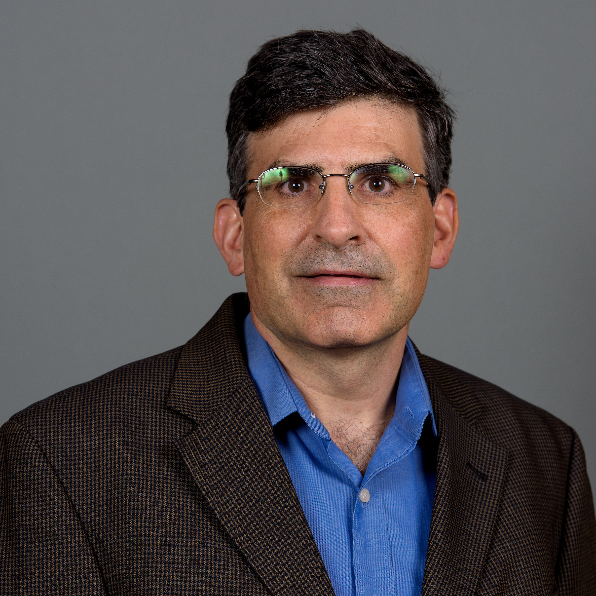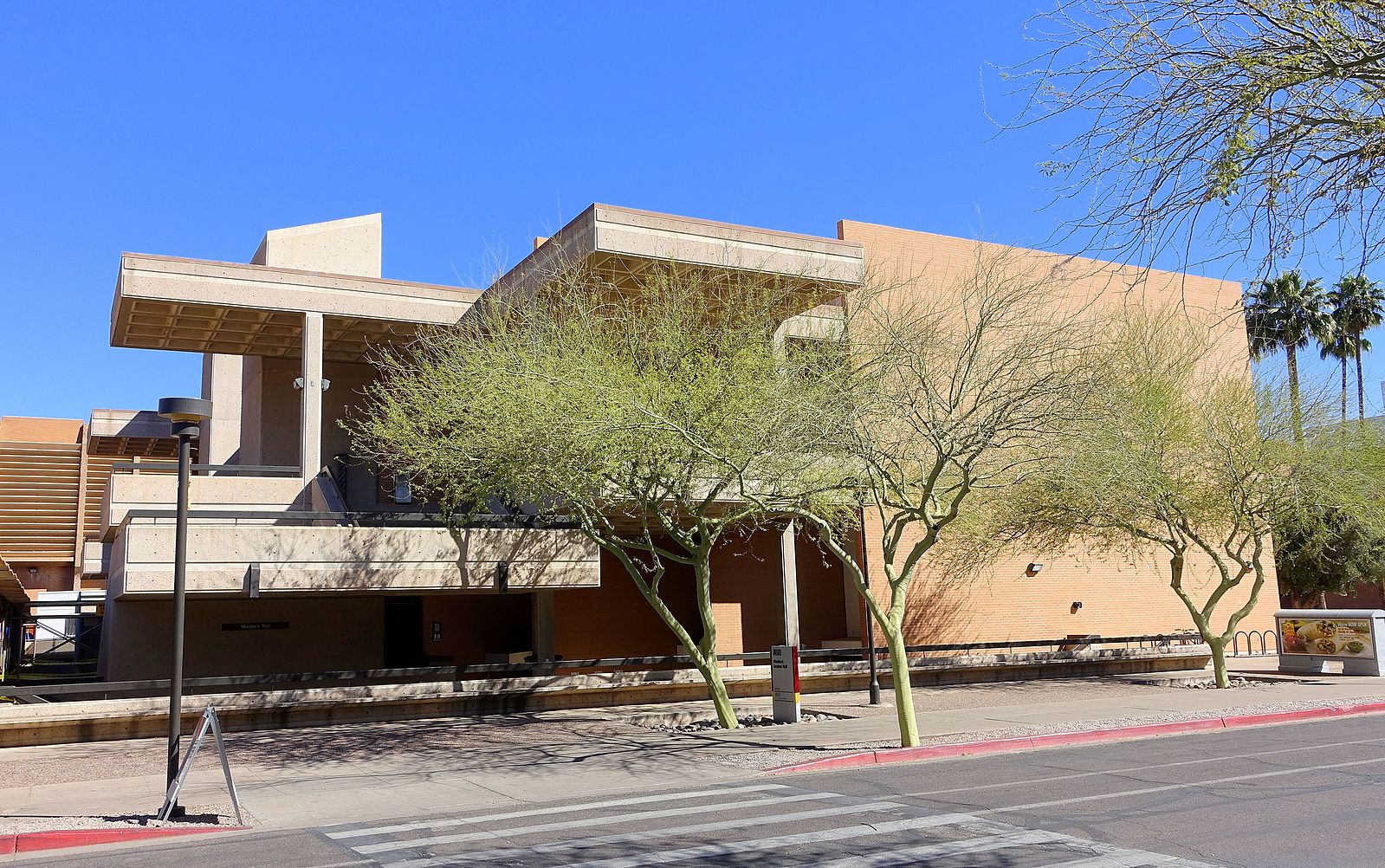School of Civic and Economic Thought and Leadership: Spring 2020 Webinar Series, “Pandemic Dialogues: Conversations on Civic Crisis”
The School of Civic and Economic Thought and Leadership at Arizona State University, a JMC partner program, will be hosting “Pandemic Dialogues,” a new virtual series in the school’s Civic Discourse Project providing perspective on the current civic crisis through conversations among the school’s faculty and students, academic guests, and a wider community. SCETL will be offering the Dialogues in three modes: a series of live webinars, each discussing a great work of philosophy or literature on pandemics and civic crisis; a student reading group, and a podcast series, discussing Camus’s novel The Plague. JMC faculty partners Catherine Zuckert, Paul Carrese, Paul Cantor, and Carol McNamara will be participating.
The webinar series is free and open to the public. The series of virtual discussions will focus on works of literature, political thought, and popular culture that examine how pandemics impact society. The webinars allow a livestream audience to pose questions to the guest experts.
Click here for more information and to register >>
 April 6, 2020 – “Ancient Athens in Crisis: Thucydides on the Plague”
April 6, 2020 – “Ancient Athens in Crisis: Thucydides on the Plague”
The series begins with Thucydides’ discussion of the Plague that swept through Ancient Athens and other parts of Greece during the second year of the Peloponnesian War. Thucydides provides a good starting point for our conversations because he not only recounts the medical course of the disease in case it should appear again in the future in human society, but he also tells of the human toll it takes, the way the Athenians responded to the grievous attacks on the human spirit, the damage it does to the practice of religion, the rule of law, human ties of affection and community, and standards of civil society. All these continue to be concerns for us right now.
Participants: Clifford Orwin, Professor, University of Toronto; Catherine Zuckert, Visiting Scholar, Arizona State University; Paul Carrese, Director, School of Civic and Economic Thought and Leadership at Arizona State University
 April 20, 2020 – “Social Disruption and Neglect: Boccaccio on the Florentine Plague”
April 20, 2020 – “Social Disruption and Neglect: Boccaccio on the Florentine Plague”
Giovanni Boccaccio (1313-1375) was an Italian writer and scholar, best known for the Decameron, his collection of a hundred tales, written in the aftermath of the Black Death which decimated Europe in 1348. The stories of the Decameron are told by a group of ten wealthy young people who are trying to find the most useful way to pass the time while quarantined in a Tuscan villa. Boccaccio lived through the plague in Florence, and in the Introduction to the Decameron he provides a first-hand description of the effects of the disease. While his account is literary as well as documentary (he uses Thucydides as a model), he gives a vivid description of the helplessness of medical and clerical authorities in the face of the epidemic. He is particularly concerned with the ways the plague disrupts social structures: children abandon parents; parents abandon children; the dead are not properly buried. He notes various differing psychological reactions to the disease, as well as the way it affects different classes of people: rich and poor, urban and rural.
Speakers: Ian Moulton, Arizona State University, Paul Carrese, director of the School of Civic and Economic Thought and Leadership at Arizona State University; and Theresa Smart, Arizona State University
 May 4, 2020 – “The Masque of the Red Death and the Common Good”
May 4, 2020 – “The Masque of the Red Death and the Common Good”
The Masque of the Red Death is the story of an aristocratic party held at the castle of Prince Prospero. The Prince and his elegant guests try to outrun the plague by barricading themselves in a castle with provisions and entertainment, exhibiting callous indifference to the suffering of their fellow human beings being ravished by the plague outside the castle walls. But no matter how hard they try to outrun their doom, the plague follows them into the castle and pursues them from one room to the next, until at last, like “a thief in the night,” it assailed each reveler in the “blood- bedewed halls of their revel, and died each in the despairing posture of his fall.” In light of Poe’s haunting tale, we will ask: what sort of leadership does civic crisis require? What happens to the elites and leaders when they fail to provide it? What does Poe teach us about recognizing our common humanity and the need to dedicate ourselves to the common good, always, but especially in times of civic crisis?
Speaker: Paul Crumbley, former EDIS President and professor of English at Utah State University; and Paul Carrese, Director, School of Civic and Economic Thought and Leadership at Arizona State University
 May 18, 2020 – “The Walking Dead, the Post-Zombie Apocalypse, and the American Capacity for Resilience”
May 18, 2020 – “The Walking Dead, the Post-Zombie Apocalypse, and the American Capacity for Resilience”
“The Pandemic Dialogues” turn finally to what American popular culture and, in particular, the post-apocalyptic zombie story of the television series, “The Walking Dead,” have to tell us about how Americans respond to civic crisis. Does popular culture provide an imaginative means for Americans to explore the ideas, myths, and tensions at the heart of American democracy and political life? Paul Cantor contends persuasively that pop culture provides a forum for investigating and expressing our fears and frustrations about the perceived dysfunction of our political, social and cultural, and financial institutions, but he adds that it also can and does portray the virtues, strengths and resilience of which citizens in American democracy are capable- perhaps especially when they confront high level challenges to our civilization. So, we might ask, while pop culture reflects our anxieties about a globalized world, in which infection can spread at swiftly, for example, does pop culture exacerbate our fears? Does it explain why we are so anxious? And does it ever suggest a way out, a means to remember and regenerate American virtues and self-reliance that have generally served us well — is pop culture only descriptive or is it prescriptive?
Speakers: Paul Cantor, University of Virginia; Paul Carrese, Director, School of Civic and Economic Thought and Leadership, Arizona State University and Carol McNamara, Arizona State University
April 6 – May 18, 2020 • Most webinars begin at 4:00 PM
Registration required
Click here for more information and to register >>
 Catherine Zuckert is the Nancy Reeves Dreux Professor of Political Science, Emeritus at the University of Notre Dame and currently a Visiting Professor at ASU’s School of Civic & Economic Thought and Leadership. Her fields of interest include political theory, history of political philosophy, the search for self-knowledge, and politics and literature. Her book on Plato’s Philosophers: The Coherence of the Dialogues (University of Chicago Press, 2009) won the R.R. Hawkins award from the Association of American Publishers for the best scholarly book published that year. Zuckert has received several grants from the National Endowment for the Humanities, as well as the Bradley and Earhart Foundations. She is a member of Phi Beta Kappa, has been listed in several editions of Who’s Who in America, and was selected as a member of the Templeton Honor Role in 1998.
Catherine Zuckert is the Nancy Reeves Dreux Professor of Political Science, Emeritus at the University of Notre Dame and currently a Visiting Professor at ASU’s School of Civic & Economic Thought and Leadership. Her fields of interest include political theory, history of political philosophy, the search for self-knowledge, and politics and literature. Her book on Plato’s Philosophers: The Coherence of the Dialogues (University of Chicago Press, 2009) won the R.R. Hawkins award from the Association of American Publishers for the best scholarly book published that year. Zuckert has received several grants from the National Endowment for the Humanities, as well as the Bradley and Earhart Foundations. She is a member of Phi Beta Kappa, has been listed in several editions of Who’s Who in America, and was selected as a member of the Templeton Honor Role in 1998.
Professor Zuckert is a JMC faculty partner.
Learn more about Catherine Zuckert >>
 Paul Carrese is the founding Director of the School of Civic and Economic Thought and Leadership at Arizona State University. For nearly two decades he was a professor of political science at the United States Air Force Academy, and co-founded a new honors program blending liberal arts education and leadership education. He is author of The Cloaking of Power: Montesquieu, Blackstone, and the Rise of Judicial Activism, and co-editor of three other books – on George Washington, constitutionalism, and American grand strategy. His most recent book is Democracy in Moderation: Montesquieu, Tocqueville, and Sustainable Liberalism.
Paul Carrese is the founding Director of the School of Civic and Economic Thought and Leadership at Arizona State University. For nearly two decades he was a professor of political science at the United States Air Force Academy, and co-founded a new honors program blending liberal arts education and leadership education. He is author of The Cloaking of Power: Montesquieu, Blackstone, and the Rise of Judicial Activism, and co-editor of three other books – on George Washington, constitutionalism, and American grand strategy. His most recent book is Democracy in Moderation: Montesquieu, Tocqueville, and Sustainable Liberalism.
Professor Carrese is a JMC faculty partner.
Learn more about Paul Carrese >>
 Paul Cantor is the Clifton Waller Barrett Professor of English at the University of Virginia, where he specializes in the areas of comparative literature, Renaissance literature, and Romanticism. He is the author of several books, including Shakespeare’s Roman Trilogy (University of Chicago Press, 2017), The Invisible Hand in Pop Culture (University Press of Kentucky, 2012), and, most recently, Pop Culture and the Dark Side of the American Dream: Con Men, Gangsters, Drug Lords, and Zombies (University Press of Kentucky, 2019).
Paul Cantor is the Clifton Waller Barrett Professor of English at the University of Virginia, where he specializes in the areas of comparative literature, Renaissance literature, and Romanticism. He is the author of several books, including Shakespeare’s Roman Trilogy (University of Chicago Press, 2017), The Invisible Hand in Pop Culture (University Press of Kentucky, 2012), and, most recently, Pop Culture and the Dark Side of the American Dream: Con Men, Gangsters, Drug Lords, and Zombies (University Press of Kentucky, 2019).
Professor Cantor is a JMC faculty partner.
Learn more about Paul Cantor >>
 Carol McNamara is the Associate Director for Public Programs for the School of Civic and Economic Thought and Leadership and Senior Lecturer at Arizona State University. Prior to that, she worked as the founding Director with Olene Walker, a former governor of Utah, to build the Olene Walker Institute of Politics & Public Service at Weber State University in Utah. Her expertise includes classical political thought, Shakespeare’s politics, the Socratic education in Xenophon, Tom Wolfe, and the American presidency. Her publications include articles on the thought of Tom Wolfe, Shakespeare’s politics, and Xenophon’s Socrates, as well as an edited volume on The Obama Presidency in the Constitutional Order.
Carol McNamara is the Associate Director for Public Programs for the School of Civic and Economic Thought and Leadership and Senior Lecturer at Arizona State University. Prior to that, she worked as the founding Director with Olene Walker, a former governor of Utah, to build the Olene Walker Institute of Politics & Public Service at Weber State University in Utah. Her expertise includes classical political thought, Shakespeare’s politics, the Socratic education in Xenophon, Tom Wolfe, and the American presidency. Her publications include articles on the thought of Tom Wolfe, Shakespeare’s politics, and Xenophon’s Socrates, as well as an edited volume on The Obama Presidency in the Constitutional Order.
Professor McNamara is a JMC faculty partner.
Learn more about Carol McNamara >>
The School of Civic and Economic Thought and Leadership at Arizona State University seeks to introduce a new level of debate over the large questions of life that always arise. These are questions of value: What is the best form of government? The most efficient and just economy? The good life for an individual? And also basic questions of fact and concept: Is science the only kind of knowledge? Does history have a direction and purpose? Is moral choice a fact or delusion? These questions do not have easy answers, and indeed the questions have always been clearer than the answers. As a learning community of faculty and students, the school approaches them in two ways. One way is to look beyond the time and borders of our present society to the great thinkers who have contended for the high status of teachers of humanity, such as Homer, Dante and Shakespeare. The other way of studying the fundamental questions is to look within to American leaders, both intellectual and political, who have inspired us.
Learn more about the School of Civic and Economic Thought and Leadership >>
![]()
![]() Follow us on Facebook and Twitter for updates about lectures, publications, podcasts, and events related to American political thought, United States history, and the Western political tradition!
Follow us on Facebook and Twitter for updates about lectures, publications, podcasts, and events related to American political thought, United States history, and the Western political tradition!
Want to help the Jack Miller Center transform higher education? Donate today.




